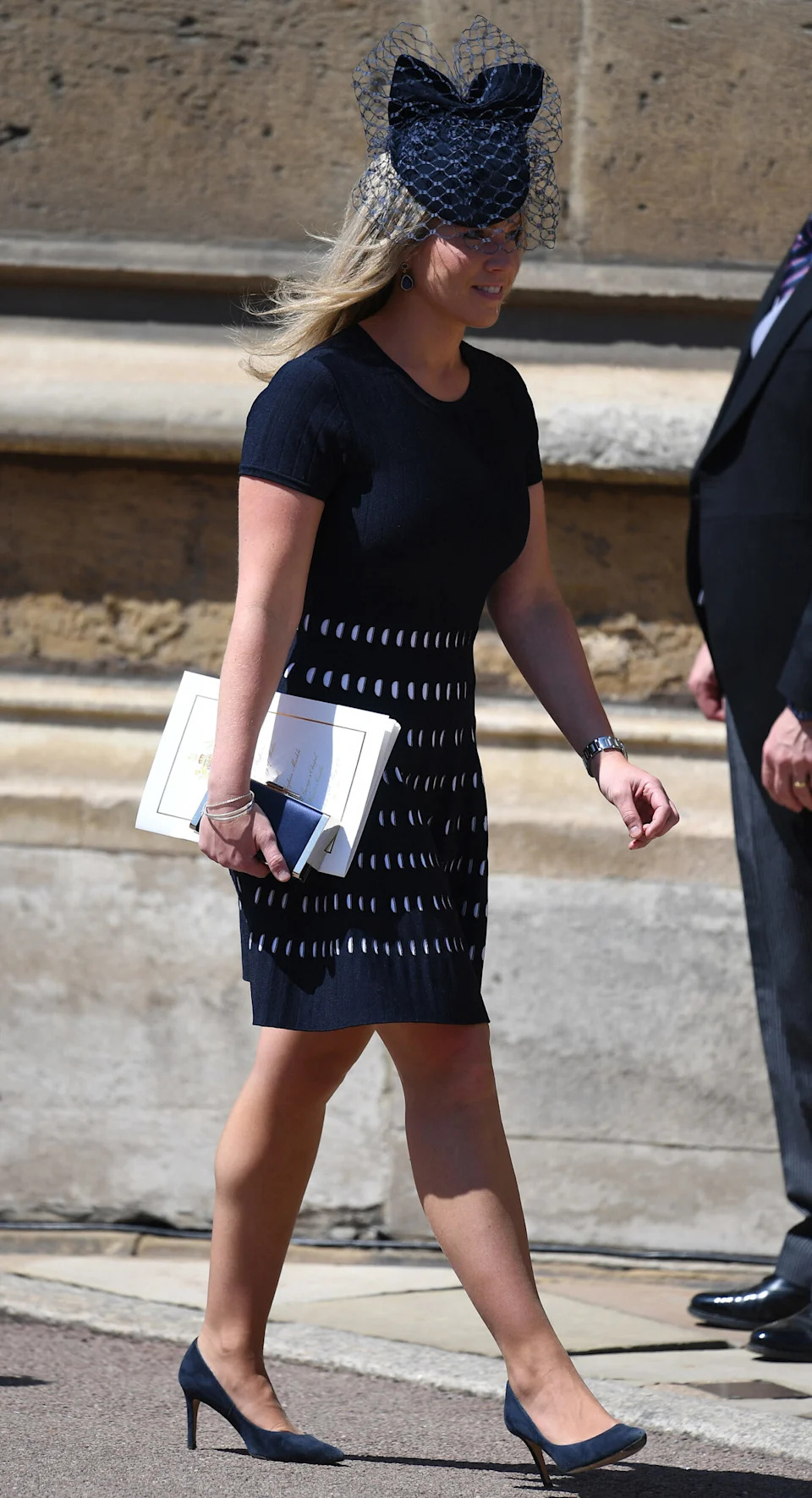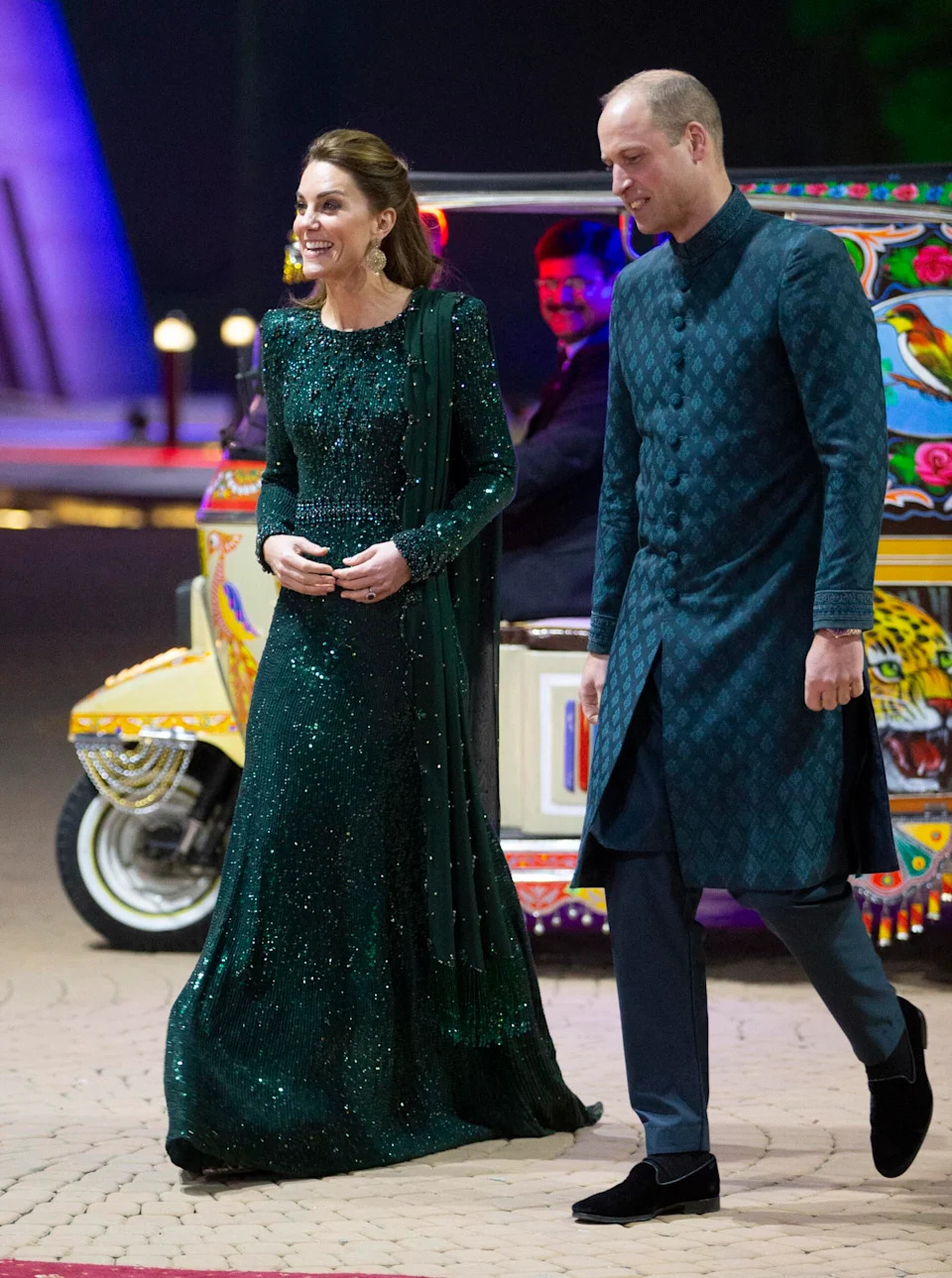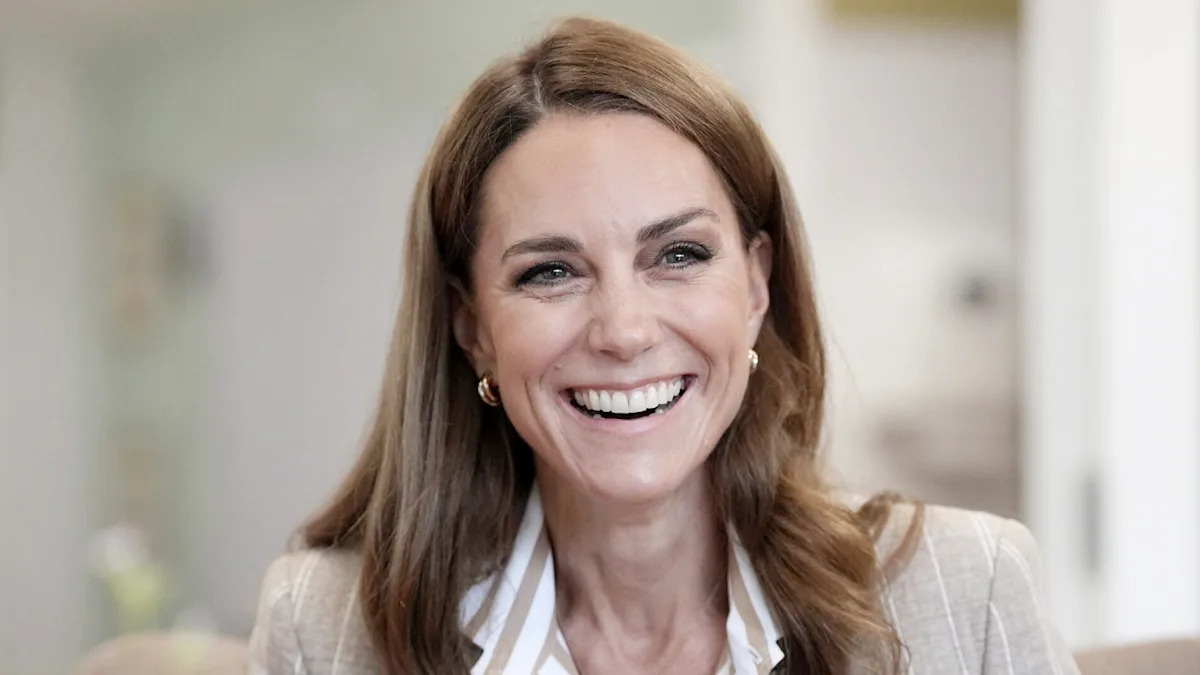A key member of Kate Middleton’s team has resigned.
On Wednesday, July 9, People reported that Natasha “Tash” Archer, who has held the position of senior private executive assistant to both the Princess of Wales and Prince William, since 2022, decided to leave Kensington Palace to create “her own private consultancy.”
People reported Kate, 43, and William, also 43, have “wished Natasha the very best for the exciting opportunities ahead.”
Archer, 37, started working as a personal assistant for the royal couple in 2010. “Over time, she became an integral part of Kate’s inner circle and was widely known for being Kate’s unofficial stylist,” the outlet explained.

James Whatling / MEGA
According to the publication, the staffer helped the mother of three — who shares Prince George, 11, Princess Charlotte, 10, and Prince Louis, 7, with William — transform her look from “girl-next-door to a regal style icon.”
In 2014, a source spoke to Vanity Fair about Archer’s influence on Kate’s outfit choices.
“Initially Kate was a reluctant fashion icon, but now she enjoys it. Tash helps source some of the clothes. She shops a lot for Kate online, and calls in hundreds of dresses for Kate to try on,” the insider remarked. “She has persuaded Kate to take some more risks. The hemlines are shorter and Kate’s really pushing the boat out in the fashion stakes.”
However, Archer didn’t just impact Kate’s style. Per People, she convinced William to wear a traditional sherwani to a reception at the Pakistan National Monument in Islamabad, Pakistan, in 2019.

Ian Vogler/Mirrorpix/Newscom/The Mega Agency
While Archer begins her next chapter, so does Kate, as she announced in January 2025 that her cancer was in remission.
On Wednesday, July 2, the University of St Andrews alum got candid about navigating life after treatment while speaking to cancer patients and staff at a hospital in Colchester, England.
“You put on a sort of brave face, stoicism, through treatment,” she said, per the Daily Mail. “Treatment’s done, and it’s like, ‘I can crack on, get back to normal again,’ but actually that phase afterwards is a really difficult time.”
“It’s life-changing for anyone, through first diagnosis or post-treatment and things like that, it is a life-changing experience, both for the individual patient but also for the families as well,” she admitted. “And actually, it sometimes goes unrecognized, you don’t necessarily, particularly when it’s the first time, you don’t appreciate how much impact it is going to have. You have to find your new normal, and that takes time.”
